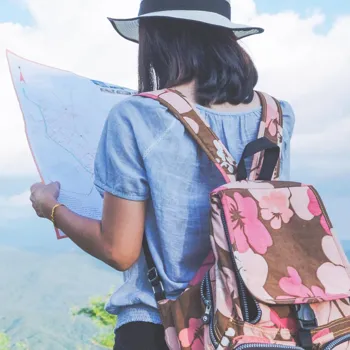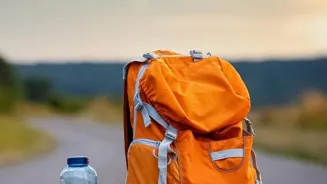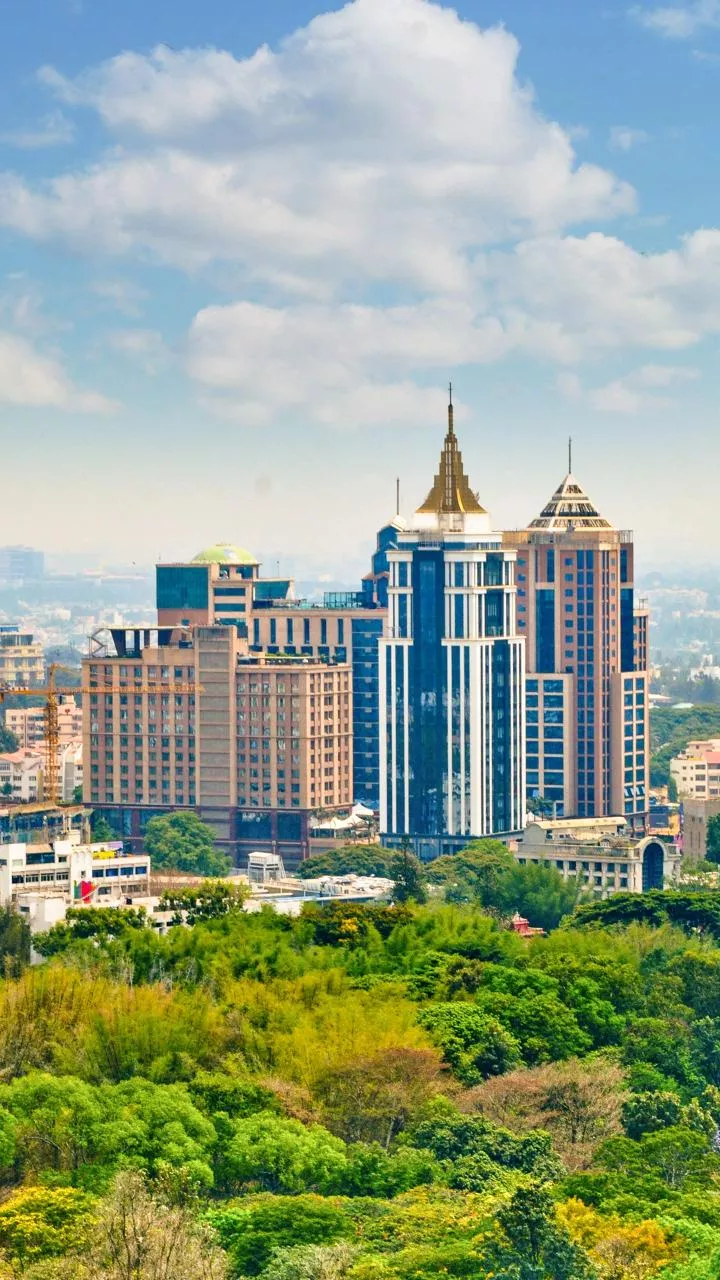Discover Travel Safety 101: Tips for a Worry-Free Vacation! Uncover essential advice for a secure and seamless trip
Vacation time is sacred, isn't it? A much-needed break from the daily grind, a chance
to explore new places, and create memories that last a lifetime. But amidst all the excitement of planning your itinerary and packing your bags, it's easy to overlook a crucial aspect: safety.
No one wants to think about things going wrong while they are trying to enjoy their holiday, but a little bit of preparation can go a long way in ensuring a smooth and secure trip.
So, before you embark on your next adventure, let's run through some essential travel safety tips that will help you have a worry-free vacation.
First things first
Research, research, research! Before you even book your tickets, take the time to learn about your destination. Understand the local customs, laws, and any potential safety concerns. Check travel advisories issued by the Ministry of External Affairs for any specific warnings or recommendations.
Knowing about common scams or petty theft incidents in the area can help you stay alert and avoid becoming a target. Researching your accommodation is equally important. Read reviews from other travellers to get an idea of the safety and security measures in place.
Look for hotels or guesthouses in well-lit, populated areas, and those with good reputations. A little bit of research can arm you with the knowledge you need to navigate your destination with confidence.
Share your itinerary with a trusted friend or family member, including your flight details, accommodation information, and planned activities. This way, someone will know your whereabouts and can raise the alarm if they don't hear from you within a reasonable timeframe.
Keep valuables secure while traveling to avoid theft
Keep your valuables secure. This might seem obvious, but it's worth reiterating. Pickpockets and thieves often target tourists, so it's essential to take steps to protect your belongings.
Invest in a good quality travel wallet or money belt that you can wear under your clothing to keep your cash, credit cards, and passport safe. Avoid carrying large amounts of cash. Instead, use your credit or debit card whenever possible.
But be mindful of ATMs and card readers, and always cover the keypad when entering your PIN. Make copies of important documents such as your passport, visa, driver's license, and travel insurance information.
Store these copies separately from the originals, either in your luggage or electronically in a secure cloud storage service. In case of loss or theft, having copies will make it easier to replace these documents. When you're out and about, be aware of your surroundings.
Avoid walking alone in poorly lit areas, especially at night. Keep your phone and camera out of sight when not in use, and be wary of anyone who approaches you offering unsolicited assistance. Trust your gut instinct – if something feels off, remove yourself from the situation.
Stay connected while traveling for safety and convenience
Stay connected. In today's world, staying connected is easier than ever. Invest in a local SIM card or an international roaming plan so you can stay in touch with family and friends, access maps and information, and call for help in case of an emergency.

Download useful apps on your phone, such as translation apps, currency converters, and emergency contact apps. These apps can be invaluable in navigating unfamiliar situations. Make sure you have the contact information for the local embassy or consulate of your country in case you need assistance.
It's also a good idea to learn a few basic phrases in the local language, such as "hello," "thank you," and "help." This can make it easier to communicate with locals and ask for assistance if needed. Sharing your live location with loved ones can also provide an extra layer of security.
Studying local culture and laws is crucial for safe travel
The first thing you should do even before you finalise your destination includes studying the local culture and also the local laws. Before you take the trip, make sure to study the laws and regulations to ensure personal safety.
In case you fail to abide by those rules it might land you in serious problem.
Keep scanned government IDs in email for safety
Make sure you have all you documents safely. Keep scanned copies of your government provided identity cards and store them in your email for safety.
Be cautious sharing personal details with strangers
Never trust strangers that easily with your personal details. Whether you are travelling as a group and individually, make sure you are not trusting any strangers that easily with all your personal details. Never give them too much information about your financials and also your residential area.
Always carry first aid kits for travel emergencies
Always have first aid kits with you. Carry essential medications and also some medications to control fever and allergies, especially if you are travelling to any exotic destination. In case of emergency these medications could save your travel.















